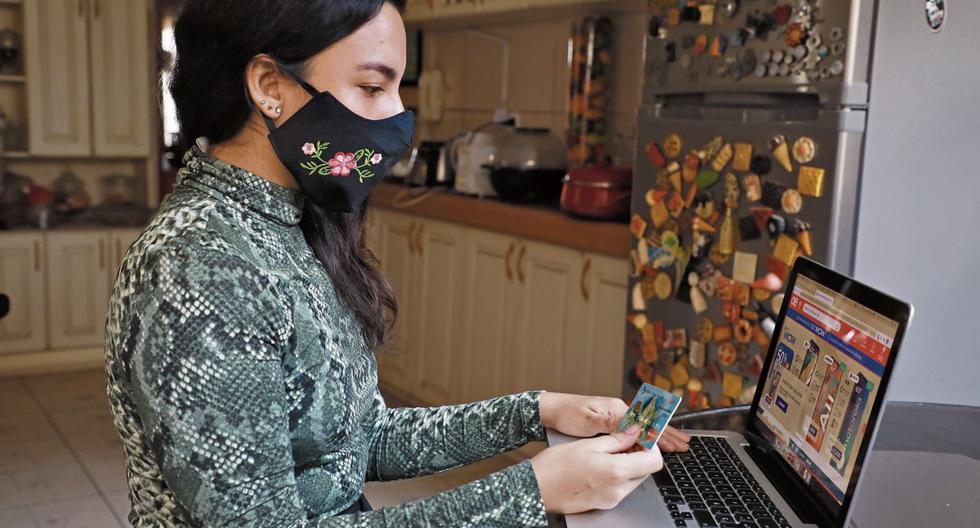After two years of the COVID-19 pandemic in the country, electronic commerce continues to accelerate its steps in the digital transformation of consumers and companies. According to the Ecommerce Observatory 2021-2022 report of the Peruvian Chamber of Electronic Commerce (capece), this industry in Peru grew 55%, moving a total of US$ 9,300 million last year.
“E-commerce has continued the trend of continuing to grow. In general, there was an increase of more than 55% (compared to 2020) driven by purchases through digital wallets. Although this shows an accelerated increase, there is still a long way to go to achieve the democratization of electronic commerce in companies in the interior of the country”said the president of Capece, Helmut Cáceda.
SIGHT: Economy Commission approves the insistence of the return of contributions from Fonavi
According to the union, at the end of last year, 41.8% of Peruvians (13.9 million) made their purchases online.
“Let us remember that before the pandemic only 18.6% of Peruvians (6 million) bought online. With the impact of COVID-19, this has accelerated”, he specified.
The Capece study also pointed out that online shoppers increased in the regions, growing by 30% last year compared to 2020, although their purchase frequency is much lower than in the capital.
Online businesses are increasing
The report mentioned that in 2020 there were more than 260,000 businesses that made their sales through the online channel, but today there are already 300,000. “Of that total, more than 90,000 have a transactional website (virtual store, mobile application, etc.)”, Caceda pointed out.
He added that although 50% of companies that sell through the online channel are from the regions, their transactions are less than the capital.
“This spontaneous digitization of micro-entrepreneurs, due to the health crisis, has helped the country improve its position in the digital competitiveness index, going from position 61 out of 63 in 2019 to position 55 at the end of 2020, climbing six positions in this world ranking. That is why we firmly believe that the development of electronic commerce should be a national policy.” he limited.
SIGHT: Enable website to serve companies affected by military offensive against Ukraine
Consumption with cards
According to Helmut Cáceda, e-commerce gained a 45% share of card consumption in 2021, when before the pandemic this industry only represented 12.5%.
“We see that more and more people use their card to make purchases through the online channel. However, the surprise of the year has been the adoption and growth of digital wallets in B2C payments.”, he detailed.
Despite the takeoff as a result of the pandemic, online sales only represent 4.5% of commerce in general, while in countries of the Organization for Economic Cooperation and Development (OECD) it exceeds 9%.
“We call on the government to reconsider its public policy initiatives, and not compare us with countries that have been years of digital maturity for us, but, on the contrary, maintain an open dialogue with the private sector to draft laws that really promote the industry instead of slowing it down. There is a lot of work to do”, he referred.
RECOMMENDED VIDEO
:quality(75)/cdn.jwplayer.com/v2/media/4yj8zdCz/poster.jpg)

















